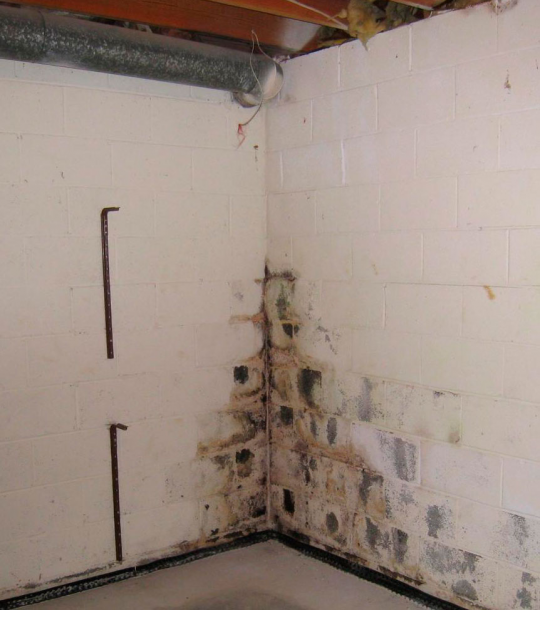The intense winds and surging sea water are long gone, but Superstorm Sandy’s effects could live on at CUNY in the form of mold, which can take hold in buildings that experience flooding or water damage.
 |
Molds are tiny microbes that continually waft through the air in both indoor and outdoor environments. At low levels, they present no danger to human health. However, they can grow rapidly in a moist environment, and at higher concentrations they can endanger health.
Organic Materials
“If organic materials are wet for more than 48 hours, there will be mold,” said Jean Grassman, co-chair of the PSC Environmental Health and Safety Watchdogs. Many objects made of porous materials are prone to mold, Grassman explained. These include carpet, drywall, upholstered furniture, books, papers and most kinds of ceiling tiles – all in plentiful supply inside university buildings. Items with hard surfaces such as metal filing cabinets are not hospitable to mold, so these should be fine.
Breathing in molds can potentially cause several types of health problems – though susceptibility varies widely between one person and the next. According to the New York Committee on Occupational Safety and Health (NYCOSH), molds can cause irritation in the form of burning eyes, congestion, cough and postnasal drip. People who become allergic to molds may develop asthma. A small number of molds can cause serious infections. People with compromised immune systems are most at risk.
Molds, at least in their initial stages, are not easy for a lay person to identify based on color or other surface appearance. If you can establish a source for the moisture, such as a broken pipe, sometimes you can repair the problem. However, once mold takes root, the material in which it’s flourishing generally needs to be removed. Cleaning it will not solve the problem.
“If somebody puts bleach on the wall, that’s not satisfactory. Particle board has to be replaced,” Grassman said. “Otherwise, the mold just starts growing again.”
Grassman told Clarion that campus workers who clean mold are most at danger of being exposed to it. “It’s the administration’s responsibility to make sure people are cleaning correctly, but we’re going to have to nudge them,” she said.
If you suspect that your office or classroom has a mold problem, you should contact your campus facilities management department to file a complaint. You should also notify the PSC Environmental Health & Safety Watchdogs, at [email protected] or by phone at 212-354-1252 x208.
______________________________
RELATED:

